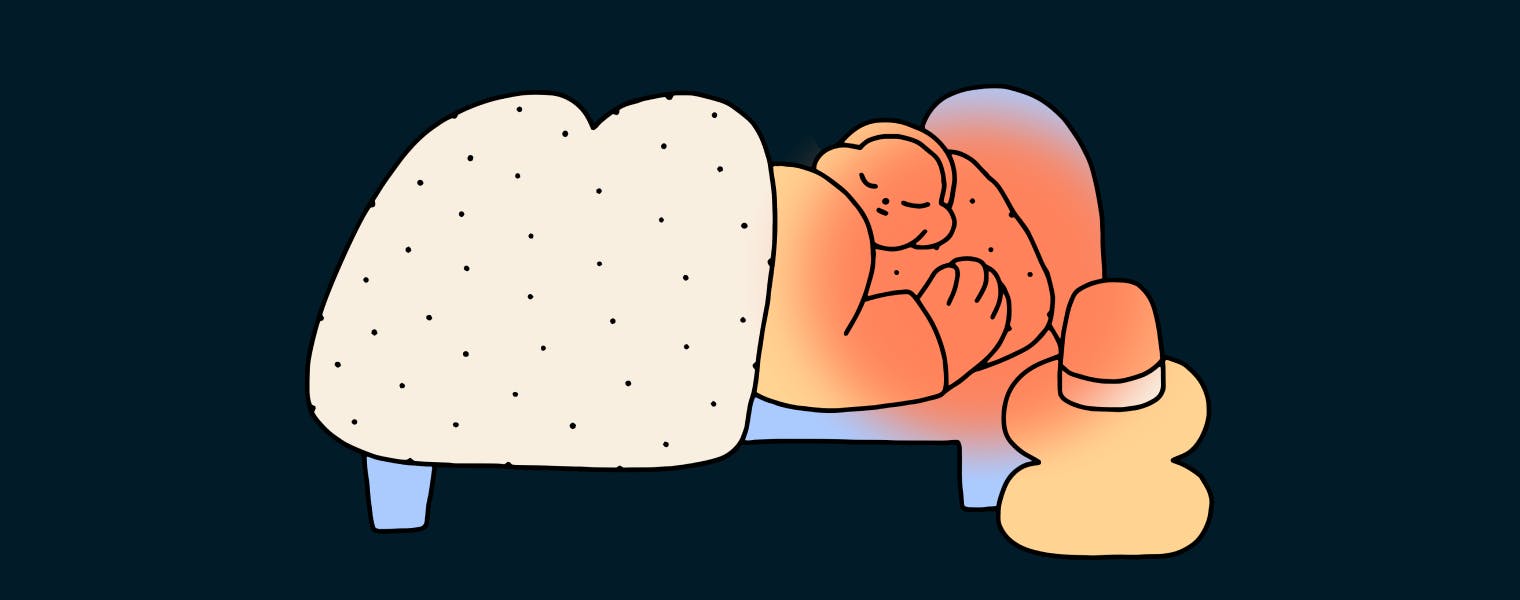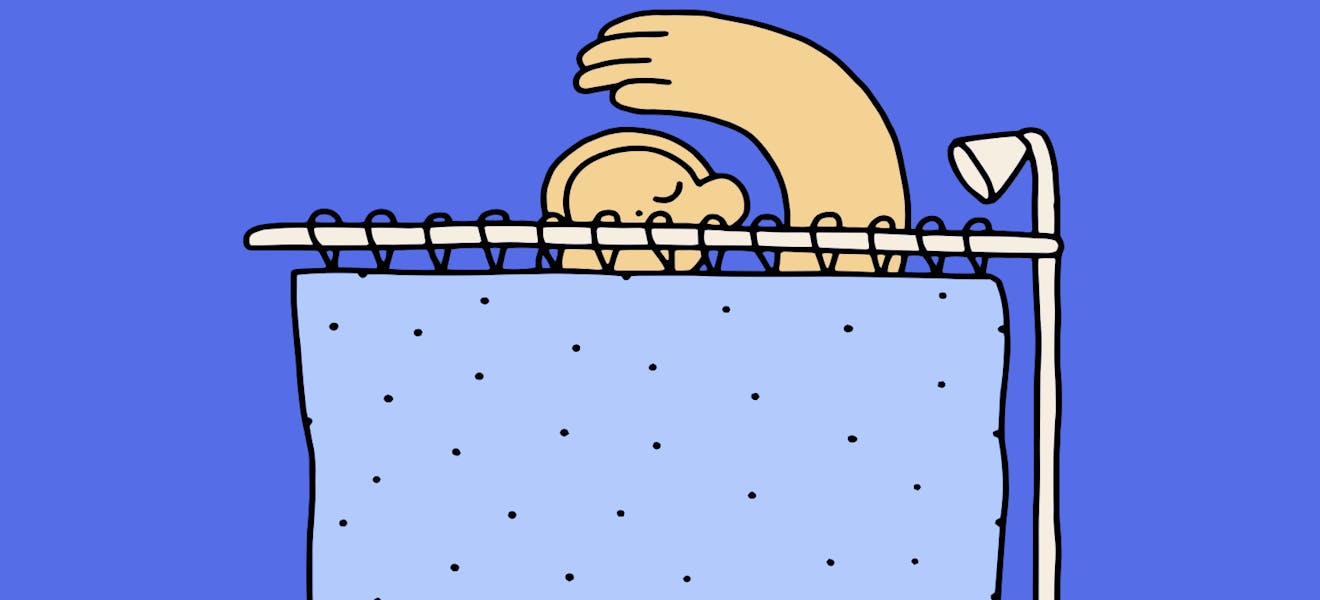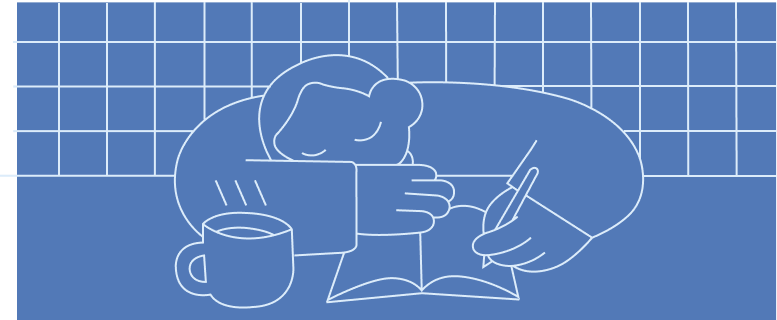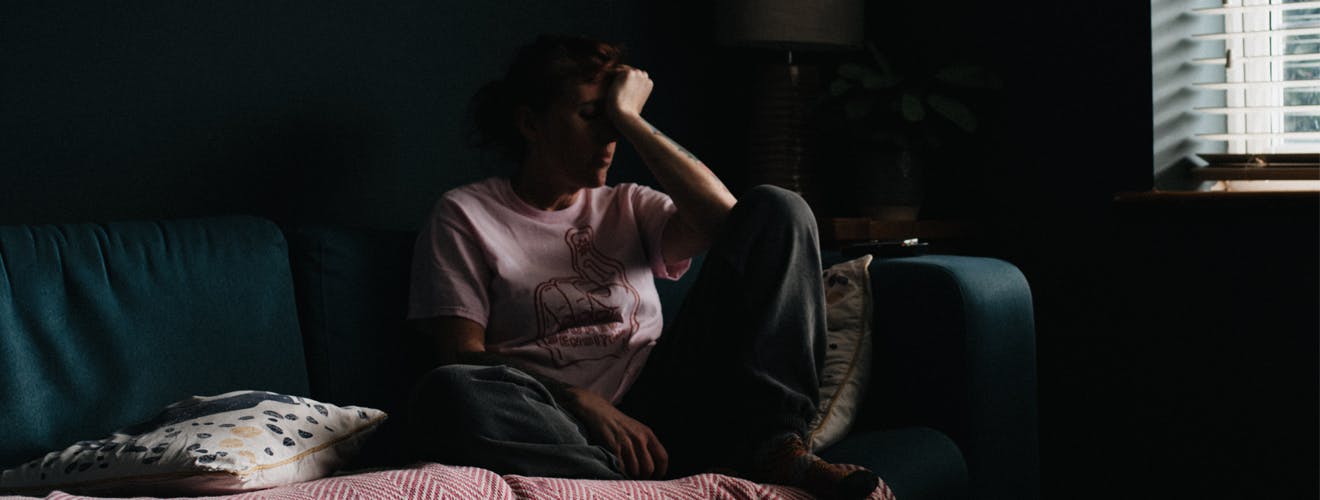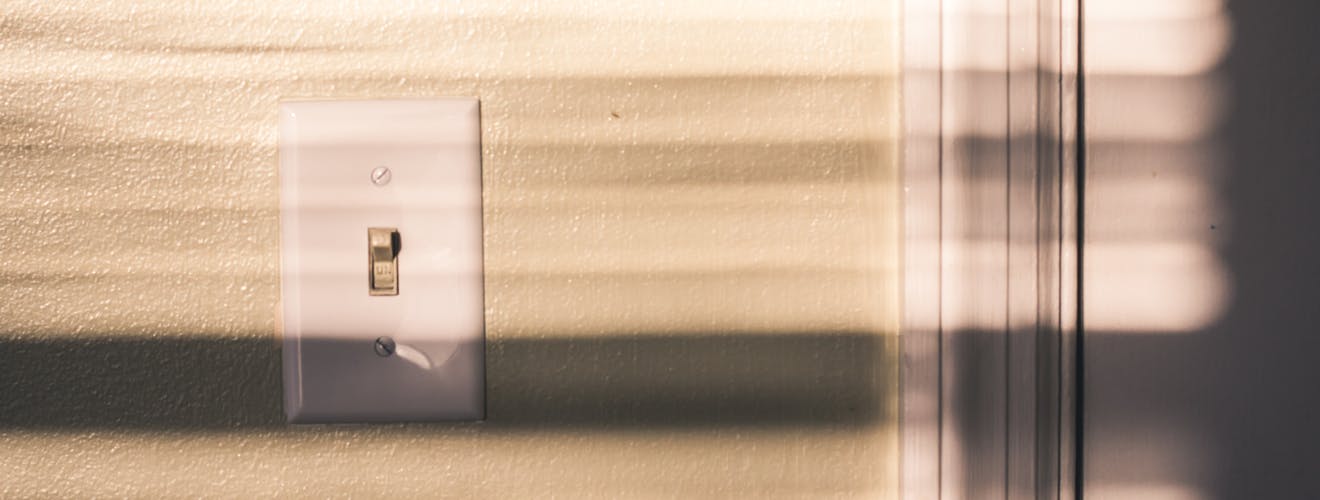Travel Insomnia & The Holiday Season: Tips For Better Sleep

Getting quality sleep is something many of us struggle with—but throw a few holidays into the mix, and what do you get? The perfect recipe for travel insomnia, that's what! The condition that can be brought on by excitement, anxiety, or fear; but don't worry. We've put together a list of tips to help you overcome the stress and sleep well throughout the holiday season.
What Is Travel Insomnia?
Vacation is supposed to be fun. It gives us time to relax, bond with family and friends, do things we enjoy, and log off from our very online lives.
Unfortunately, those goals are hard to achieve with busy holiday schedules and the stress of getting everything done in time. And so, enter travel insomnia.
Unlike chronic insomnia, a sleep disorder that affects 10-30 percent of American adults, travel insomnia accounts for a short-lived condition, like jet lag or difficulty sleeping somewhere other than your own bed. And even good sleepers can fall into its grasp.
What Causes Insomnia When Traveling?
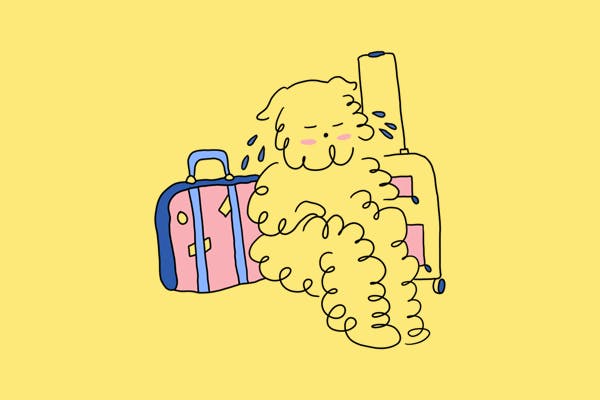
Let's be clear: It's in no way strange or unusual to experience travel insomnia, especially around the holidays. Just think about all the changes your body and brain are going through. You're adapting to new time zones, new sleep patterns, and potentially unfamiliar company. That's a lot to take in—especially in one night.
Studies show that half of the brain stays awake when sleeping in an unfamiliar environment. While it sounds less than ideal, scientists believe it to be a survival mechanism used to protect us.
Essentially, one brain hemisphere stays active and on "night watch" while the other sleeps so that we can swiftly respond to any potential threats. This is also known as the first night effect (FNE).
When comparing the brain's two hemispheres, researchers found the amount of slow-wave activity in the left hemisphere of the brains was significantly lower than the right hemisphere. For those who need a brush-up, slow-wave activity in the brain is associated with deep, restorative sleep.
Fortunately, fear and anxiety decrease significantly the longer you stay somewhere. Researchers have also confirmed that the FNE largely drops off by the second night, when brain-wave activity becomes more uniform in both hemispheres of the brain.
How to Deal With Trouble Sleeping When Traveling for the Holidays
Security. Familiarity. Comfort. Home means so many things to us, which is why it can be hard to be away for long stretches of time. Even if you're headed to your parents' place, the house can feel foreign enough to trigger issues sleeping. The good news is that with the right tools, you can reassert control over your sleep cycles and enjoy the trip. Check out the list below to learn more.
Be Sure You're Prepared For The Trip
Part of having a relaxing trip is preparing in advance: Review your itinerary, book transportation, and if you're traveling abroad, perform a currency exchange ahead of time. The more preparations you get through, the less anxiety you'll experience leading up to the trip.
And make sure to pack your sleep essentials. Bring whatever you usually need to sleep—whether it's a noise machine, a sleep mask, or a special pillow from home. The more you do before hitting the road, the less you have to stress over.
Tire Yourself Out
It's tempting to stay up and celebrate your arrival, but it's also important to stick to the local time. Many people tend to downplay the impact travel and time changes have on their sleep schedule. To help your body adapt, it's important to stay active. The more you work to tire yourself out during the day, the easier it will be to get your sleep cycle back on track.
Bring Some Sleep Comforts From Home
As established, your first night in a new environment is probably going to be the most restless, so it's important to fight back with some comforts from home.
Pack your own pillow and some linens if it makes sleeping more comfortable. You may also want to bring a sleep mask to limit light exposure during those early morning hours.
Some people even bring things that can help with the emotional withdrawal that new places often induce. We're talking a picture of your loved ones, a comfort item from home, or anything else that can help get you past the travel blues.
Take Care of Your Body
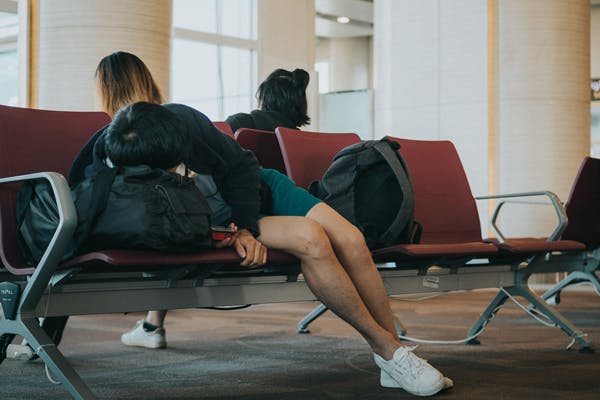
We know that exercise can help tire us out, but did you know that it can actually improve sleep quality as well? In addition to priming the body for bed, movement can help reduce both stress and anxiety—two of the biggest threats to a good night's sleep.
Remember to stay hydrated and maintain a healthy diet as well. Avoiding heavy meals and caffeine after dark will also help keep you well rested and ready for a more enjoyable trip!
Try Melatonin
Another tip for beating travel insomnia involves regulating your body's internal clock. Supplements containing melatonin (also known as the "sleep hormone") can help signal to the brain that it's time to sleep, even if your body is having a hard time adjusting to the new environment.
Given that travel can disrupt both your circadian rhythm and the body's natural production of melatonin, this is an important hack to keep in mind.
Wrapping Up
Both the brain and the body are in for a lot this holiday season. Follow these tips so that you don't experience difficulty sleeping when away from home. If you're looking for a way to counter insufficient sleep without habit-forming, over-the-counter medications, look to Sandland Sleep.
Our sleep supplements are made with plant-powered ingredients, will help you fall asleep fast and stay asleep throughout the night. No morning-after grogginess, just good clean sleep.

